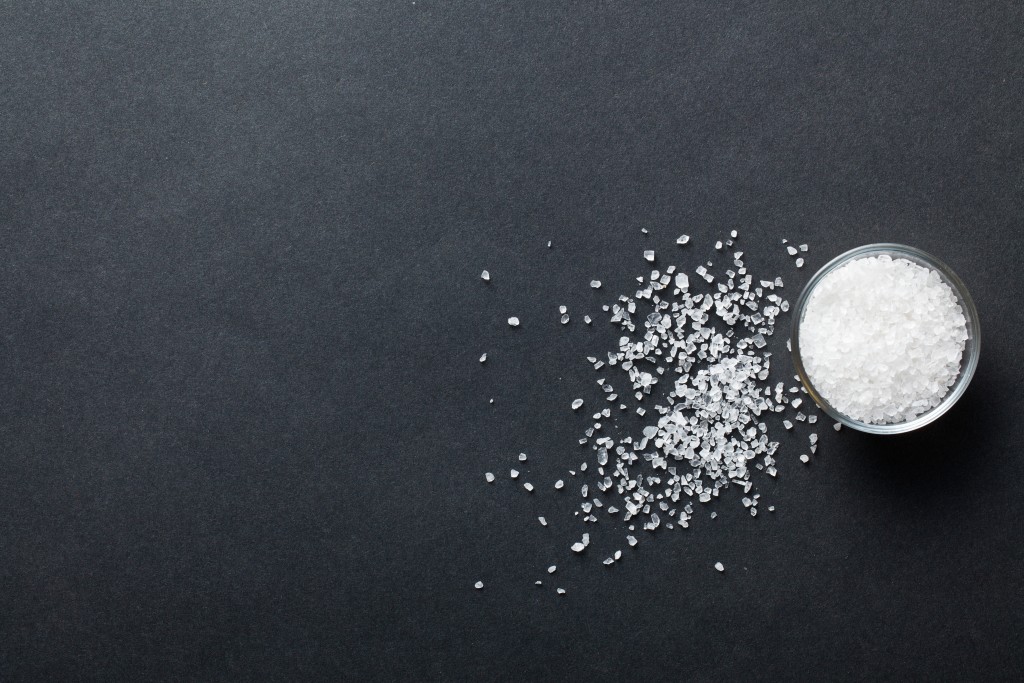The World Health Organization (WHO) recommends an intake of 5 grams of sodium or salt per day. However, according to several research studies, people consume way more than that. In fact, in the UK, people consume 8.1 grams of it every day, which can be detrimental to one’s health.
Sodium can provide several health benefits alongside healthy exercise and an overall active lifestyle, but excessive consumption can lead to several medical conditions. Besides adding a canopy to your home with the expertise of plastic sheet manufacturers, suppliers, and builders to make an outdoor gym at home, consider reducing your sodium intake.
If you’re still not convinced, here are seven reasons to reduce or altogether avoid sodium in your diet — now.
It Can Cause Hypertension
Although adding salt to one’s diet can help with nausea, blurry vision, and dizziness, having too much can cause hypertension, which, in turn, causes heart attack, stroke, coronary heart disease, and other debilitating conditions. Reducing or completely removing salt from your diet can help you avoid all these.
It Increases Your Risk of Stroke
A stroke may happen when there’s a rupture, bleeding, or blockage of blood vessels in the brain. When this happens, blood and oxygen can’t reach your brain, leaving your brain cells to die — leading to several mental diseases such as dementia or more severe conditions like paralysis. You can reduce your chances of suffering from a stroke when you control your salt consumption and an overall healthy diet.
It Can Lead to Coronary Heart Disease
Since high blood pressure or hypertension can be caused by excessive salt consumption, it can also cause coronary heart disease. It’s a medical condition that can damage your arteries, which may lead to a heart attack. To prevent this, keep your sodium consumption to the minimum.
It Leads to Increased Water Retention
Having an adequate amount of salt can help keep the body hydrated, preventing dehydration. However, too much of it will force the body to retain excess water, causing you to become bloated, which is never a pleasant experience. Therefore, keep your sodium intake controlled.
It Can Speed Up Bone Deterioration

Osteoporosis is a medical condition where your bones become brittle and susceptible to fractures — and excess salt consumption is one of the major causes. Having high amounts of sodium within your system causes calcium loss from your bones, which gets excreted out of your body through urination. Older individuals are more at risk as bones become naturally thin with age, so ensure your diet doesn’t include too much salt.
It Can Develop Kidney Stones
Kidney stones are the result of calcium buildup in the kidneys. You increase your risks of developing this painful condition when you consume too much salt. As mentioned earlier, high sodium consumption can lead to calcium loss in the bones, which then get excreted via urination. When that happens, it can cause calcium buildup in the kidneys, eventually leading to kidney stones. Watch out for your salt intake.
It May Cause Stomach Ulcers and Cancer
A bacteria called ‘Helicobacter pylori’ (H.pylori) resides in a person’s stomach, and they usually thrive in high salt content. When they get exposed to too much sodium, this bacteria can cause inflammation in the stomach, leading to ulcers or cancer. So, limit your sodium intake to prevent the damage done by H.pylori.
Establishing and maintaining a healthy diet is within your control — so make an effort to curb your salt or sodium intake to reduce your chances of the mentioned diseases, promoting a healthier and happier you.

